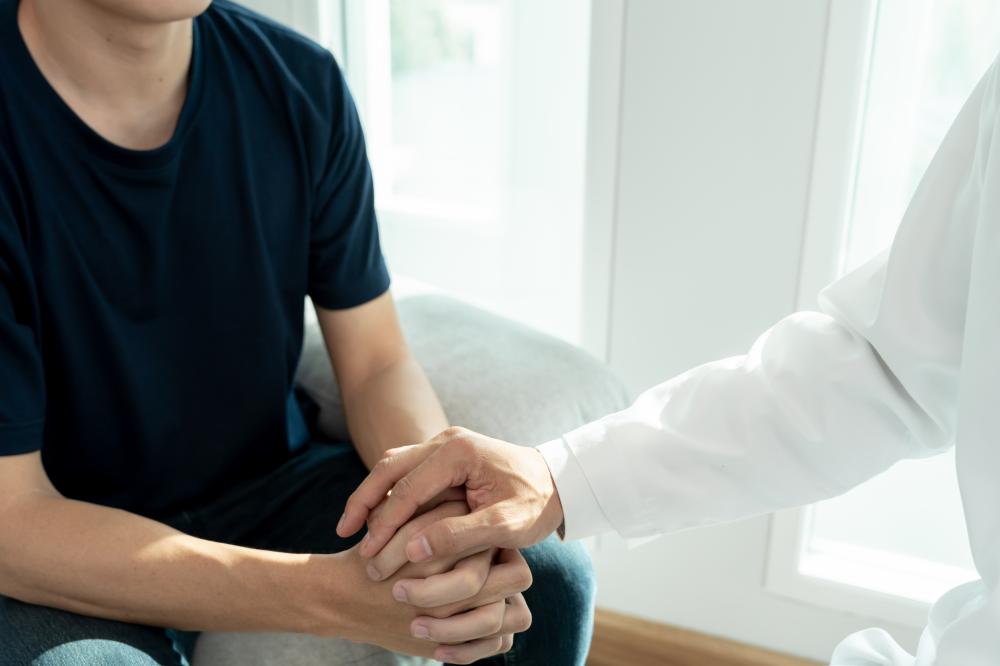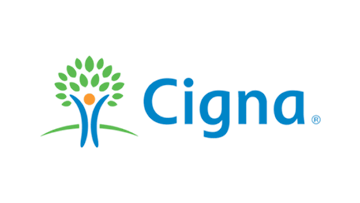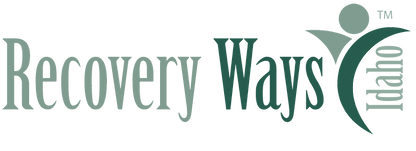
Connecting with Local Menatl Health Resources
In Boise, a wealth of free mental health resources is available, allowing residents to access much-needed support right in their community. Among these, the Recovery Ways Idahoal Health Alliance stands out as a pivotal organization. By collaborating with local entities, they facilitate access to mental health services that cater to the unique needs of individuals and families. Through partnerships with organizations like the Idaho Department of Health and Welfare, residents can find support tailored to both adult and children’s mental health needs.
Another noteworthy resource is the Pathways Community Crisis Center of Southwest Idaho. This center offers a safe haven for those experiencing a mental health crisis, providing services on a voluntary and confidential basis. With a team of professionals–including nurses and peer support specialists–the center ensures that individuals receive empathetic and immediate care.
How Recovery Ways Idaho Embraces Evidence-Based Practices
Recovery Ways Idaho is recognized for its commitment to evidence-based practices, a cornerstone in delivering effective mental health services. This approach ensures that clients receive treatments that are backed by extensive research and proven results. The organization’s dedication to evidence-based methodologies means that their interventions are continuously refined and updated to reflect the latest findings in behavioral health.
The focus on evidence-based practices at Recovery Ways Idaho involves ongoing professional development. Staff members participate in regular training sessions, keeping them at the forefront of advancements in mental health care. This commitment to learning not only benefits the staff but significantly enhances the quality of care provided to clients.
Navigating Free Mental Health Services Boise
For those seeking free mental health services Boise offers a range of options that are accessible and effective. Navigating these services can seem daunting at first, but there are several key organizations and resources that can help simplify the process. The Idaho Suicide Prevention Hotline is one such resource, offering a lifeline for individuals in distress. With round-the-clock support available, it serves as a critical connection point for those in need of immediate assistance.
An often-overlooked resource is the Idaho Federation of Families for Children’s Mental Health, which offers both support and education to families navigating behavioral and mental health challenges. Such community-focused organizations play an integral role in fostering mental wellness and resilience across generations.
For veterans, connecting with the Veteran’s Crisis Line can provide tailored support and guidance. This service ensures that individuals who have served their country receive the specialized care they need, proving that Boise is dedicated to supporting all members of its community.
- Idaho Suicide Prevention Hotline: Text or call 208-398-HELP (4357)
- Veteran’s Crisis Line: Available 24/7 for veterans and their families
- Idaho Federation of Families: Providing family-driven advocacy and support
Integrating Therapy and Skill Building
At Recovery Ways Idaho, the integration of therapy and skill-building sessions represents a holistic approach to mental health care. This comprehensive service model aims to not only address immediate concerns but also equip clients with the skills necessary for long-term success.
Through individual therapy, clients explore personal challenges in a safe and supportive environment. Therapists at Recovery Ways Idaho employ a variety of techniques to help individuals work through issues such as anxiety and depression. Complementing therapy, skill-building sessions focus on practical strategies that clients can use daily, enhancing their ability to manage stress and improve relationships.
Creating a Welcoming and Accessible Environment
One of the defining characteristics of Recovery Ways Idaho is its commitment to creating a welcoming and accessible environment for all clients. This approach is embedded in the organization’s philosophy, ensuring that every person feels valued and understood. By prioritizing accessibility, Recovery Ways Idaho removes barriers to care, making it easier for individuals to seek support.
The physical space is designed to foster comfort and safety, encouraging clients to engage openly in their therapeutic journey. This emphasis on a supportive atmosphere extends to the staff, who are trained to create an inclusive and empathetic environment where clients can thrive.
Furthermore, Recovery Ways Idaho’s location within the community plays a significant role in its accessibility. By being conveniently situated, the organization ensures that more residents can access free mental health services Boise has to offer, reinforcing its commitment to community well-being.
The organization also emphasizes the importance of inclusivity, ensuring that services are available to individuals of all backgrounds and needs, fostering a sense of belonging and acceptance.
Advocacy and Community Engagement
Recovery Ways Idaho not only provides direct mental health services but also engages in advocacy and community initiatives. This dual focus creates a ripple effect, enhancing the overall well-being of the Boise community. By participating in local events and collaborating with other organizations, Recovery Ways Idaho raises awareness about mental health issues and the importance of seeking help.
Through advocacy, Recovery Ways Idaho seeks to reduce the stigma often associated with mental health challenges. By fostering open dialogues and promoting educational opportunities, the organization empowers individuals to understand and address their mental health needs proactively. This proactive stance is crucial in building a community that supports mental wellness for all its members.
The organization’s engagement in community events serves as an outreach effort, bringing resources and information to those who might otherwise remain unaware of the free mental health services Boise has available. This engagement strategy underscores the organization’s commitment to inclusivity and accessibility in mental health care.
Tailored Services for Diverse Needs
The services provided by Recovery Ways Idaho are thoughtfully tailored to meet the diverse needs of its clients, highlighting the organization’s adaptability and client-centered approach. This customization is particularly important in addressing the wide range of challenges individuals face, from developmental disabilities to mood disorders.
By offering specialized programs, Recovery Ways Idaho ensures that each client receives support that resonates with their unique circumstances. This tailored approach not only enhances the efficacy of interventions but also empowers clients to take an active role in their healing process.
Ensuring High Standards of Care
Maintaining high standards of care is a priority for Recovery Ways Idaho, reflected in its commitment to ongoing staff training and evidence-based practice. These standards are a testament to the organization’s dedication to supporting clients with the most effective treatments available. The emphasis on quality care ensures that clients receive the best possible mental health services, fostering trust and confidence in the therapeutic process.
Recovery Ways Idaho’s approach to care emphasizes not just immediate outcomes but long-term success and wellness. By adopting a continuous improvement model, the organization remains responsive to the evolving needs of the community it serves, adjusting its practices and programs to provide the most relevant and impactful support.

What are the top 3 mental health issues in Idaho?
Mental health challenges in Idaho are reflective of broader national trends, yet the state has its unique concerns. Anxiety and depression are prevalent, much like in other parts of the country, but Idaho also grapples with higher-than-average suicide rates. The Idaho Suicide Prevention Hotline is a critical resource addressing this, providing support to those in crisis. Additionally, access to care can be a challenge due to rural landscapes, making initiatives like the Pathways Community Crisis Center of Southwest Idaho vital. Understanding these issues requires acknowledging both individual and systemic factors that contribute to mental health struggles in the region.
How do you cope with poor mental health?
Coping with poor mental health often requires a multi-faceted approach. At Recovery Ways Idaho, we emphasize the importance of integrating therapy with skill-building to provide clients with practical tools to manage everyday stressors. A supportive community, like the one fostered by the Idaho Federation of Families, can be invaluable, offering shared experiences and resources. Self-care practices, such as regular exercise, healthy eating, and mindfulness, also play a crucial role in maintaining mental well-being. It’s essential to recognize that reaching out for help is a strength, not a weakness, and services are available to provide guidance and support.
Where do people go when they have bad mental health?
When experiencing mental health challenges, many in Boise turn to local resources for support. The Recovery Ways Idahoal Health Alliance, for instance, collaborates with community partners to provide tailored services. Facilities like the Pathways Community Crisis Center offer immediate and confidential assistance, ensuring a safe space for those in distress. Additionally, the Idaho Suicide Prevention Hotline provides around-the-clock support, reinforcing that help is always available. Seeking professional guidance from organizations like Recovery Ways Idaho can lead to effective, personalized care paths that address specific needs and concerns.
How can I be free from mental health issues?
Achieving mental wellness is a journey rather than a destination. At Recovery Ways Idaho, we focus on empowering individuals with the skills needed to manage and overcome challenges. Key strategies include participating in therapy to explore and address underlying issues and learning skills that enhance resilience, such as stress management and positive thinking. Engaging in community activities, like those organized by Recovery Ways Idaho, can provide a sense of belonging and support. While it’s crucial to have realistic expectations and understand that everyone experiences mental health challenges at times, the goal is to equip ourselves with the tools to handle them effectively.
What benefits do evidence-based practices bring to mental health services?
Evidence-based practices are at the core of Recovery Ways Idaho’s approach, ensuring that care is both effective and up-to-date. These practices rely on research to determine the most effective interventions, which results in improved client outcomes. For example, cognitive-behavioral therapy (CBT) is widely used here, as it is proven to be effective for various mental health issues, including anxiety and depression. Implementing these practices also involves ongoing staff training to remain current with emerging research, ensuring the highest standard of care. This commitment to evidence-based care reflects our dedication to continuously improving client outcomes.
Why is community engagement important in mental health services?
Community engagement is a pillar of Recovery Ways Idaho’s mission. It allows organizations to connect with individuals who might not otherwise seek help and to raise awareness about mental health issues. By participating in local events and initiatives, we help dispel myths and reduce the stigma surrounding mental health. Community engagement also fosters partnerships among various stakeholders, enhancing resource availability and support networks. Through advocacy and education, we empower individuals to take proactive steps in their mental health journeys, strengthening the overall resilience and well-being of the community.
How does Recovery Ways Idaho tailor its services to meet diverse needs?
Understanding that each individual has unique needs, Recovery Ways Idaho customizes its services to ensure effective and personalized care. We work with clients of all ages, addressing a range of challenges from autism spectrum disorders to mood disorders. Our tailored approach involves developing specialized programs that resonate with each client’s specific circumstances and goals. For instance, therapy sessions might incorporate techniques like mindfulness for those struggling with anxiety or social skills training for individuals with developmental disabilities. By focusing on each client’s distinct situation, we empower them to actively participate in their healing process, fostering long-term success and well-being.
Resources
- Recovery Ways Idahoal Health Alliance – Access mental health services tailored to the unique needs of individuals and families in Boise.
- Pathways Community Crisis Center of Southwest Idaho – Provides safe haven for individuals experiencing a mental health crisis.
- Idaho Suicide Prevention Hotline – Text or call 208-398-HELP (4357) for support.
- Veteran€™s Crisis Line – Available 24/7 for veterans and their families.
- Idaho Federation of Families – Offering family-driven advocacy and support for children’s mental health.




